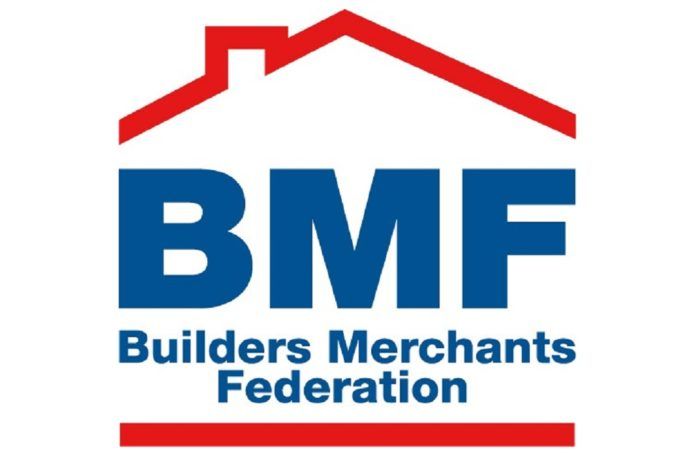The government is right to exclude packaging for commercial and industrial applications from proposals to introduce full net cost recovery, according to the Builders Merchants Federation (BMF). Unlike household waste and household packaging used in high street retail, merchants already incur the cost of managing waste from their distribution and delivery services.
The BMF was responding to an announcement from the Department for Environment, Food and Rural Affairs (DEFRA) after it carried out a consultation over the summer seeking views on: (a) extending current producer responsibility; (b) recycling targets to 2030; (c) incentivising good design including reusable and refillable packaging; and (d) a single point of compliance.
The BMF took part in the consultation, arguing that waste from commercial or industrial packaging should remain outside the scope of DEFRA’s proposals. Merchants sell to the trade and packaging used is for business-to-business transactions. They have contracts with waste management companies and surplus packaging has a monetary value in the secondary materials markets.
Brett Amphlett, BMF policy and public affairs manager, commented: “We are very pleased the last government heeded what we said and that Environment Ministers decided to keep the status quo in favour of merchants. Extended Producer Responsibility is about the ‘value chain’ and eliminating unnecessary packaging and boosting recycling rates.
“Whatever policy the next government adopts, the over-riding objective must be to boost investment in waste collection and treatment – and to expand capacity and capability in the waste management industry. One way is with Capital Allowances. If firms are confident that the new ministers will provide a stable, long-term policy and regulatory framework, we ought to see investment and innovation in better, smarter and greener types of packaging.”
Mr Amphlett warned that full net cost recovery must be designed in a way that strikes a fair balance between the cost of collection and handling and the second-hand value of packaging. The worry is that if policy is not introduced with care, illegal fly-tipping will increase – especially as merchants’ premises are prone to dumping at night and weekends. He argued that part of increased producer fees must go to local councils to fund proper clean-up and enforcement action.
The intended date for these proposals to come into force is 2023. DEFRA will conduct a second consultation about implementation after the Department formulates the next stage of its proposals.




